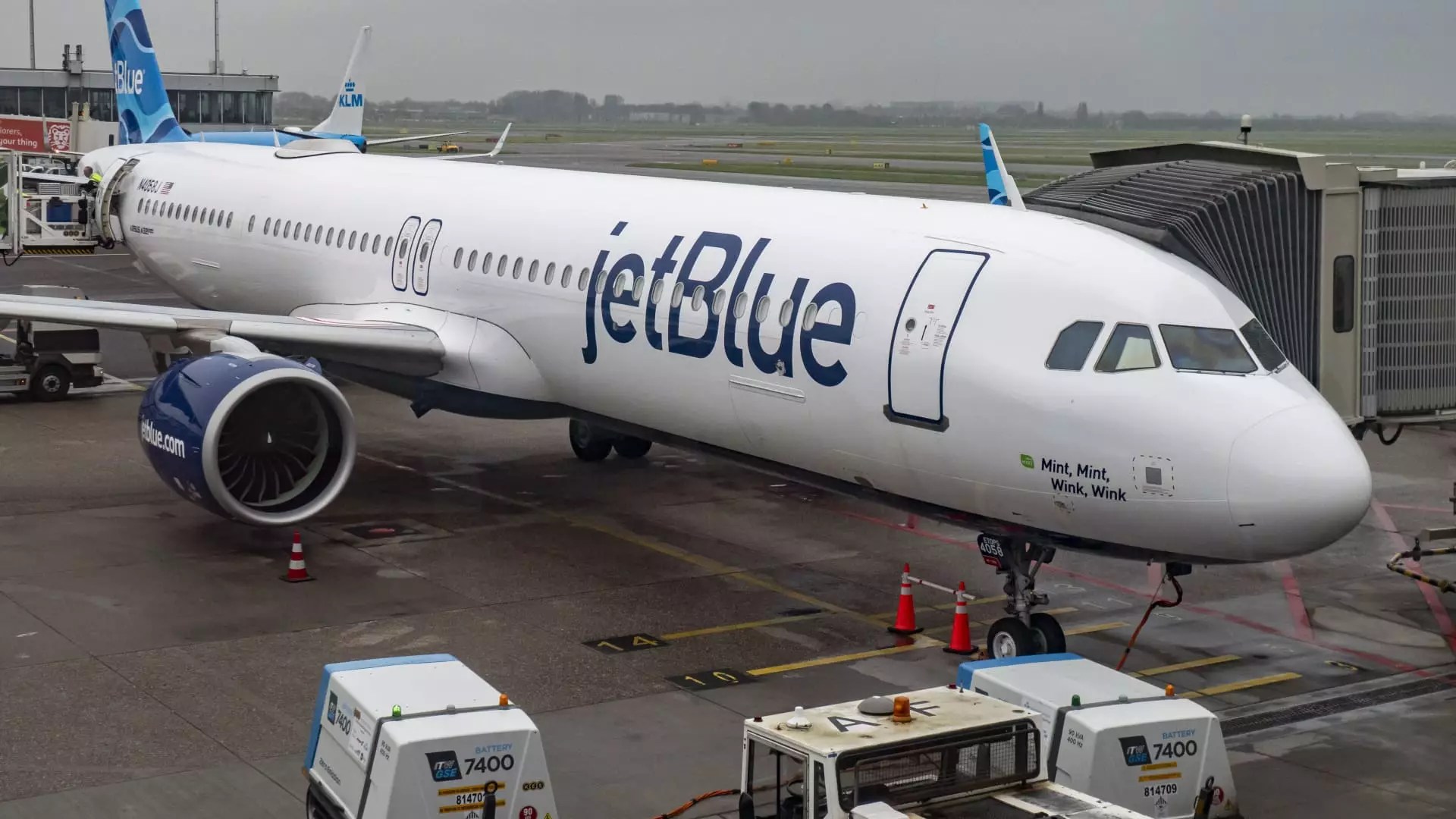In a bold move signaling a robust response to fluctuating market dynamics, JetBlue Airways has announced significant alterations to its flight operations. This decision, communicated to employees on Wednesday, represents the airline’s ongoing endeavor to streamline costs and achieve consistent profitability amidst a highly competitive market. The carrier’s strategy involves eliminating unprofitable flight routes, optimizing aircraft utilization, particularly those featuring its coveted Mint business class, and reevaluating services in the European market.
Among the key changes is the termination of various routes considered economically unsustainable. Flights from Fort Lauderdale to Jacksonville, as well as several routes connecting New York’s JFK to cities such as Austin, Houston, Miami, and Milwaukee, are among those affected. Additionally, service to San Jose, California, will be discontinued. These decisions reflect a strategic pivot, as JetBlue grapples with challenges posed by established carriers dominating specific markets, especially in Florida. JetBlue’s Vice President of Network Planning, Dave Jehn, highlighted the airline’s struggle in Miami, where profits have been elusive post-COVID due to the overwhelming presence of legacy competitors like American and Delta.
The implications of these route cuts extend beyond mere logistics; they also touch on workforce dynamics. The reduction of services from JFK to Miami has raised concerns about potential overstaffing in that region. In response, JetBlue is exploring alternative placement options for affected crew members, emphasizing the airline’s commitment to its workforce during these operational shifts. Such measures are indicative of a broader trend within the industry, where airlines are increasingly tasked with finding a balance between operational efficiency and employee retention.
On the international front, JetBlue is also reevaluating its offerings. Starting summer 2025, it plans to maintain a leaner European presence, eliminating a second flight to Paris and ceasing its summer-only service to London’s Gatwick Airport. Despite these reductions, the airline remains poised to unveil new European service options shortly, suggesting a calculated approach to expansion amid reevaluated priorities.
JetBlue’s strategic maneuvers come in the wake of better-than-expected revenue and booking forecasts for late 2023, which have positively influenced its stock performance. CEO Joanna Geraghty, along with her leadership team, is laser-focused on cost containment and optimizing flight routes to better align with current market demands, which have shifted dramatically since the pandemic. Moreover, the company has been adapting to operational hurdles, including issues stemming from Pratt & Whitney engine challenges.
Ultimately, while these changes may come at a short-term operational cost, they position JetBlue to redirect resources toward high-demand sectors, ensuring the airline remains competitive and aligned with evolving consumer preferences. As the air travel landscape continues to morph, JetBlue’s proactive approach could serve as a vital strategy for sustainable growth in the long run.


Leave a Reply